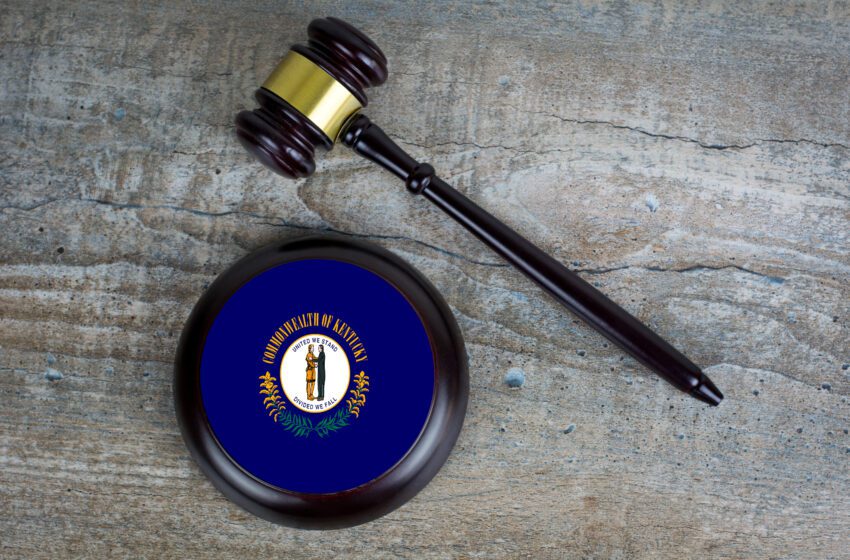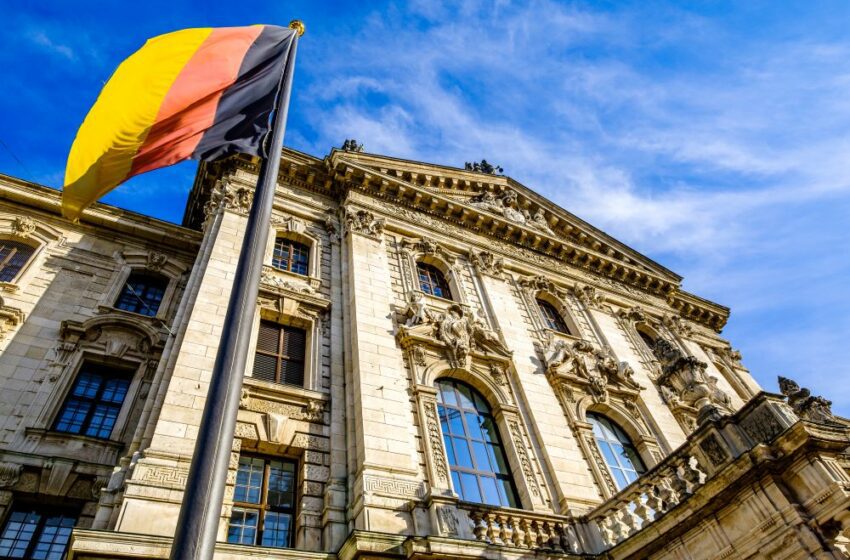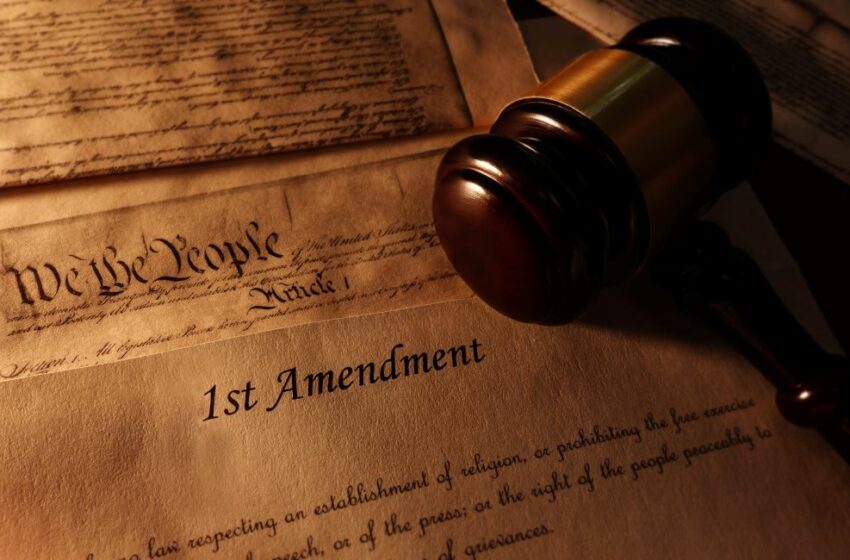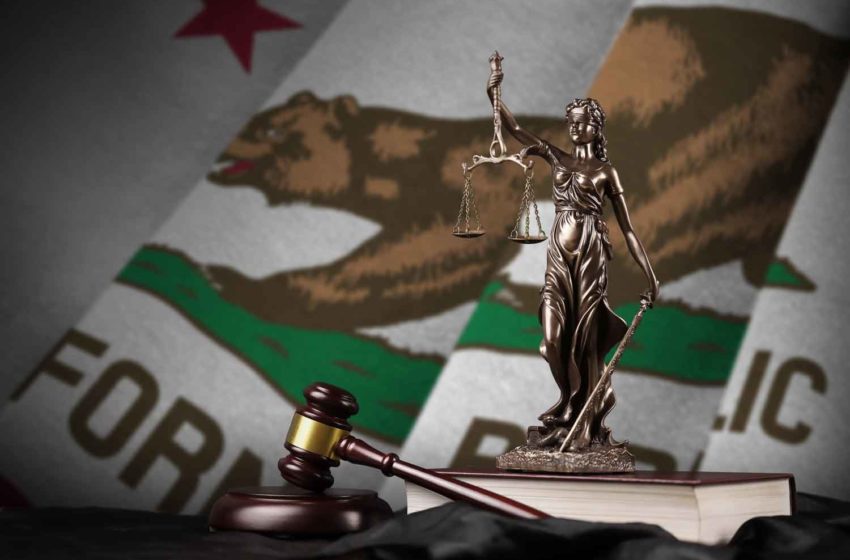South Korea's Constitutional Court rejects a challenge from a fined smoker.Read More
The FDA should not enforce rules declared unlawful, says civil liberties group.Read More
The suit challenges the legislation on constitutional grounds.Read More
Geographical references may not be used for non-Cuban cigar products.Read More
The government says a lower court relied upon legal theories rejected by other judges.Read More
The ruling from the 5th Circuit Court of Appeals overturns a lower court ruling from Texas. Read More
Altria lost an appeal challenging the jurisdiction of BC courts in a Juul class action lawsuit.Read More
This settlement is part of a larger $235 million settlement by Altria.Read More
The case could take years to work its way through the courts, according to attorneys.Read More
Netherlands' top business court agrees such incentives are ‘normal business practices.’Read More
Recent Posts
- Not Lost Yet
- Revenue and Profits up at Japan Tobacco
- PMI Holds Annual Shareholders Meeting
- Procigar Elects New Leadership
- Scientist Urges Caution With AI Vaping Studies
- KT&G Reports Robust Overseas Performance
- British Lawmakers Alerted to Misinformation
- Turkish Smokers Fret About Latest Price Hikes
- Zimbabwean Shisha Crop Selling Rapidly
- Smokers Confused About Relative Risk
- Regulators Urged to Distinguish Combustibles and Smoke-Free
- Vaping Surpasses Smoking Among European Youth: WHO
- Reynold American’s WaterHub Recognized
- Filtrona Launches HTP Filters
- Flonq Releases Ultra and Max Pro Systems









